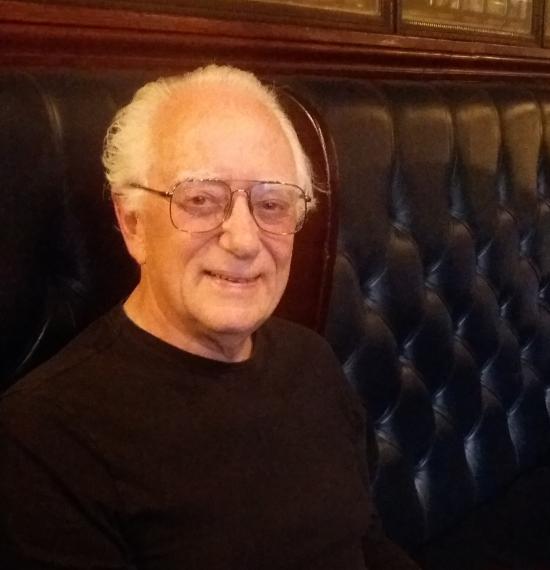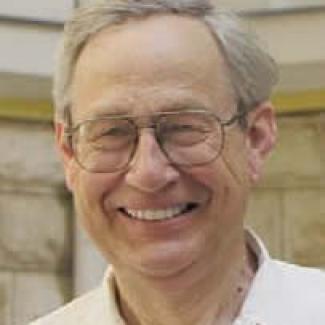Decentralized Systems Aren’t
David S. H. Rosenthal
Decentralized systems have many advantages over centralized ones. They can be more resilient to failures and attacks, and can scale better. But they have three major problems; these advantages come with significant additional monetary and operational costs, the user experience is worse, and they exhibit emergent behaviors that drive centralization.
The world has been on a decades-long series of experiments trying to build successful decentralized systems marked almost entirely by failure.
This seminar will be held both online & in person. You are welcome to join us either in South Hall or via Zoom.
For online participants
Online participants must have a Zoom account and be logged in. Sign up for your free account here. If this is your first time using Zoom, please allow a few extra minutes to download and install the browser plugin or mobile app.
Speaker
David S. H. Rosenthal recently retired as the chief scientist and founder of the LOCKSS program at Stanford. The LOCKSS program is aimed at long-term preservation of the web published materials (ejournals, books, blogs, web sites, archival materials, etc).
David joined Sun Microsystems in 1985 from the Andrew project at Carnegie-Mellon University, where he had worked on window systems with James Gosling. He worked on window systems with James at Sun, and was part of the teams which developed both NeWS and the X Window System, now the open-source standard. He also worked on graphics hardware, the operating system kernel, and on system and network administration.
David left Sun in 1993 to be chief scientist and employee #4 at Nvidia, now the leading supplier of high-performance graphics chips for the PC industry. He worked on I/O architecture. In 1996 he joined Vitria Technology, now a leading supplier of e-business infrastructure technology. He worked on reliable multicast protocols and on testing industrial-strength software.
After starting the LOCKSS program at Stanford with NSF funding, from 1999–2002 he worked on it at Sun Labs. From 2002 he has been working on it at Stanford Library. David received an MA degree from Trinity College, Cambridge and a Ph. D. from Imperial College, London. He is the author of several technical publications and holds 23 patents.











